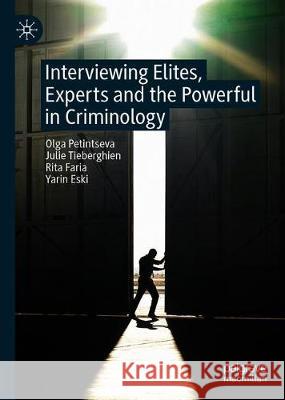Interviewing Elites, Experts and the Powerful in Criminology » książka
topmenu
Interviewing Elites, Experts and the Powerful in Criminology
ISBN-13: 9783030329990 / Angielski / Twarda / 2019 / 166 str.
Interviewing Elites, Experts and the Powerful in Criminology
ISBN-13: 9783030329990 / Angielski / Twarda / 2019 / 166 str.
cena 201,24
(netto: 191,66 VAT: 5%)
Najniższa cena z 30 dni: 192,74
(netto: 191,66 VAT: 5%)
Najniższa cena z 30 dni: 192,74
Termin realizacji zamówienia:
ok. 22 dni roboczych.
ok. 22 dni roboczych.
Darmowa dostawa!
Kategorie:
Kategorie BISAC:
Wydawca:
Palgrave Pivot
Język:
Angielski
ISBN-13:
9783030329990
Rok wydania:
2019
Dostępne języki:
Ilość stron:
166
Waga:
0.36 kg
Wymiary:
21.01 x 14.81 x 1.12
Oprawa:
Twarda
Dodatkowe informacje:
Wydanie ilustrowane











